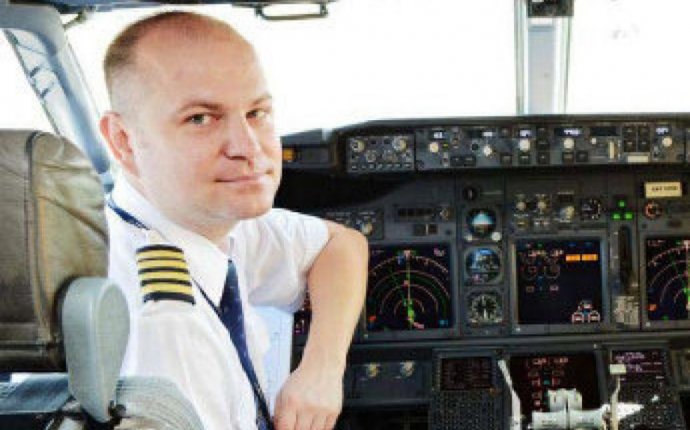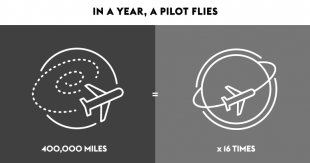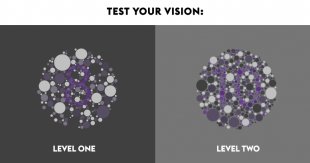
How to become a pilot in Toronto?
 If you absolutely love flying and the feeling of being up in the air, becoming a pilot may be the perfect career path for you. It may take time and effort to reach this position, but it's worth it once you experience the freedom and excitement of being airborne. It's true that being a pilot can be physically and emotionally challenging, as you're constantly flying and spending most of your time away from home. However, you'll have the chance to discover every part of the world!
If you absolutely love flying and the feeling of being up in the air, becoming a pilot may be the perfect career path for you. It may take time and effort to reach this position, but it's worth it once you experience the freedom and excitement of being airborne. It's true that being a pilot can be physically and emotionally challenging, as you're constantly flying and spending most of your time away from home. However, you'll have the chance to discover every part of the world!
How much does it cost to become a pilot?
The costs of completing the journey to becoming a pilot can add up. Overall training and licensing can cost up to C$14, 000 for a commercial pilot and about C$10, 000 for a private pilot. As an aspiring pilot, you can train at a number of flight centres throughout the country. The cost of training may be high, but you can recover it within the first two years while doing what you truly enjoy.
What qualifications do I need to become a pilot?
When you first enrol in flight school, no flying experience is necessary. You are, however, required to have a good understanding of mathematics and physics. After your training, you can apply for the Private Pilot Licence (PPL), the Commercial Pilot Licence (CPL), or the Airline Transport Pilot Licence (ATPL) through Transport Canada. Then the real excitement begins!
What are the medical requirements for pilots?
Securing the appropriate level of medical certification is the first official step in becoming a pilot, so it is important to attend the exam in your top physical and mental condition. You will go through a series of tests for your hearing, eyesight, coordination, and overall health. Those seeking an ATPL or a CPL must obtain Category 1 medical certification, while those seeking a PPL may obtain Category 3 medical certification. A key misconception is you can't become a pilot if you're colour blind, but this isn't true. If you pass the Pseudoisochromatic Plates Colour Vision Test or the Farnsworth Lantern Test by identifying different shapes and letters, you are qualified to become a pilot. Test yourself below.

What are the required skills?
Spatial awareness and hand-eye coordination are very important skills, but it is absolutely necessary for pilots to have good vision. While in the air, pilots encounter many situations with limited sight, such as low visibility, blind spots, and areas with few visual references. Thus, having 20/20 vision is necessary. This means you must be able to see clearly at 20 feet what should normally be seen at that distance. For example, a cat that has 20/100 vision sees at 20 feet what you see at 100 feet.
Can you handle the lifestyle?
One day, you're in Sydney; the next day, you're in Toronto. Imagine having an early breakfast in Tokyo and a late lunch in Paris on the same day. Being a pilot is an exciting and unique lifestyle. Like any job, however, there is a learning curve and many challenges to overcome. For pilots, this may include irregular sleep and less family time. If you prefer more time at home, yet still want to earn a pilot's licence, there are other great careers in aviation, such as Air Traffic Controller or Aircraft Engineering.Visual: To earn the pilot licence and become an official aviator, you must first spend more than 5/8 of your life in the air, which is as much as a seagull.
How to stand out from the crowd?
Becoming a pilot can be very competitive. You must master your problem-solving and decision-making skills to prove you'll keep the situation under control in an emergency. You'll need to sharpen your communication skills, teamwork skills, and leadership skills. Once you've learned how to stand out from the crowd, you will truly be above it all. If you are up for the challenge, you can apply for a higher position as a Pilot Instructor.
If flying is not exactly what you're looking for, you'll find plenty of alternatives in the aviation industry that might suit you better. These include Air Traffic Controller, Aircraft Engineering, and airport jobs such as Airport Operation. You can also consider training other pilots with the help of simulators as a Pilot Instructor. The choice is yours!









